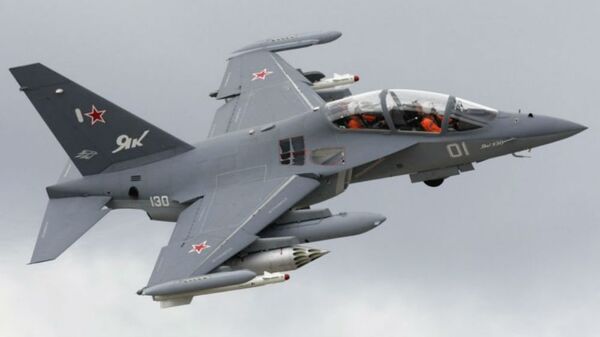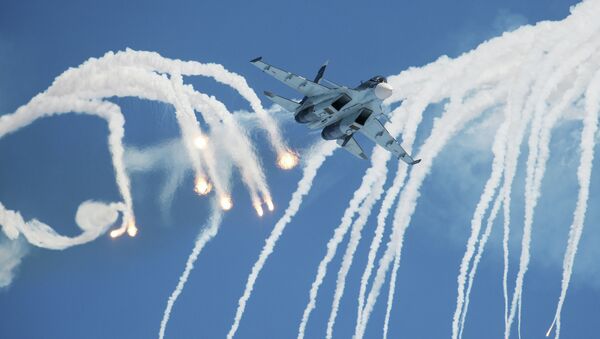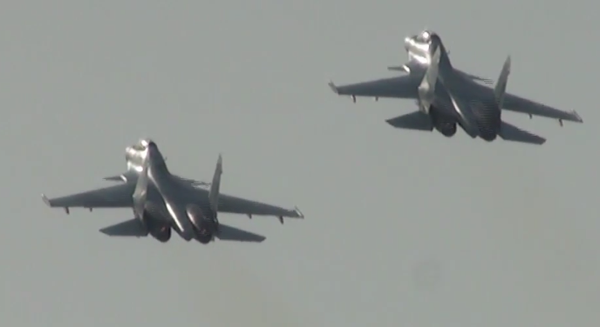"I doubt that the Kremlin will be stopped in their desire to earn hard foreign currency by any American action at the United Nations. It is highly likely that this Obama 'red line' will go the way of all the others before it," he noted, referring among other things to Obama's "red line" on Syria.
Obama later decided not to proceed with the military option. In the months that followed, the Syrian government destroyed its stockpile of chemical weapons under a deal brokered by Russia. Critics, like former US defense secretary Robert Gates say that Obama's decision to refrain from using force once a "red line" was drawn affected Washington's credibility.
In mid-February reports emerged that Russia and Iran were planning to ink arms deals worth more than $8 billion.

The deal for the delivery of the Su-30 is expected to be signed in 2016, a source in a high-ranking official in the Russian Federal Service for Military-Technical Cooperation told RIA Novosti at the time.
In February, the White House said that the sale of fighter jets to Iran would violate a UN Security Council arms embargo. The nuclear deal reached in July between Iran and the P5+1 – which includes Russia and the United States – upheld the arms ban for five years.



